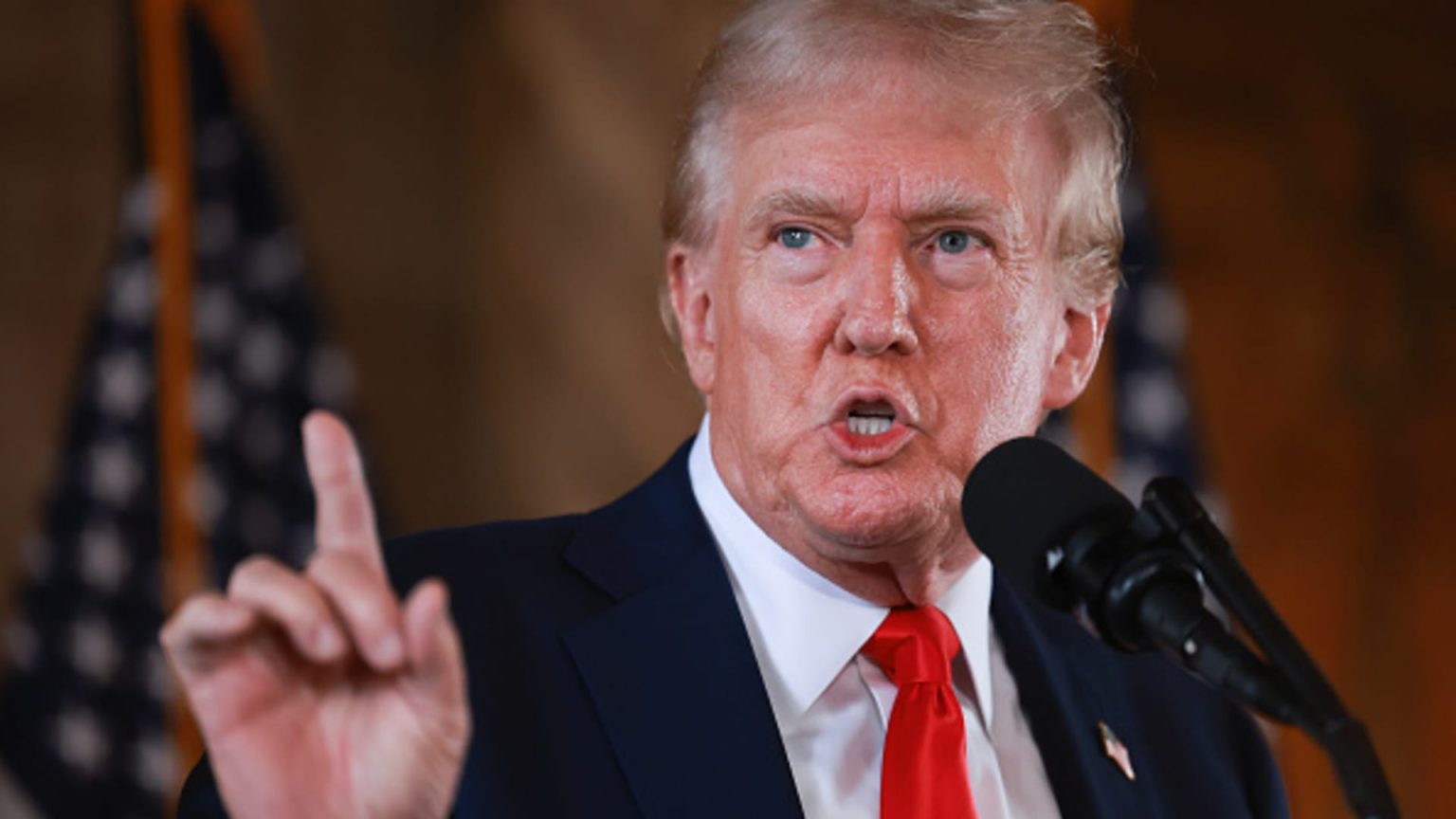Former President Donald Trump is under pressure from Republican supporters to shift his focus from personal attacks and conspiracy theories to policy critiques aimed at Vice President Kamala Harris. Prominent Republicans, such as former presidential candidate Vivek Ramaswamy and former Trump White House advisor Kellyanne Conway, have advised Trump to emphasize policy differences rather than insults when criticizing Harris. They argue that a policy-based approach would be more effective in swaying voters and winning back the White House.
Despite calls from loyal Trump allies to focus on policy contrasts, Trump’s attacks on Harris have often devolved into personal jabs, including false claims about her racial identity, insults to her intelligence, and comments on her appearance. Such attacks are seen as a turnoff to swing voters, particularly women, and are likely to boost Harris’ support among them. Peter Navarro, a former Trump White House aide, noted that when Trump attacks Harris personally, her support among swing voters rises, emphasizing the importance of sticking to policy criticisms.
Former Republican House Speaker Kevin McCarthy urged Trump to stop questioning the size of Harris’ crowds and instead focus on challenging her positions. Trump has been fixated on crowd sizes, using them as a metric to measure political momentum. Harris drew large, enthusiastic crowds at her rallies, outpacing Trump’s own numbers. However, Trump has falsely accused Harris of using artificial intelligence technology to fake her crowd sizes, a claim that has been debunked by news outlets. Despite backlash from conservatives like Gerard Baker, Trump has not shown any indication that he plans to shift his approach.
The Trump campaign rejected claims that the former president has failed to focus on policy attacks against Harris, citing his recent remarks during a conversation with Elon Musk where he spoke about the weaknesses of the Harris-Walz ticket. Trump has consistently highlighted his America First agenda and contrasted it with what he perceives as Harris’ dismal record on issues like inflation, border security, and crime. While Harris has yet to release a formal policy platform, her entry into the race has energized Democrats, leading to record donations, polling gains, and large rally turnouts.
As the Republican Party grapples with the challenge of running against Harris in the wake of President Joe Biden’s exit from the race, there is a growing consensus among GOP figures that a shift towards policy-based critiques would be more effective in countering Harris’ momentum. Calls for Trump to focus on policy instead of personal attacks have come from influential voices within the party, urging the former president to prioritize substantive policy discussions over inflammatory rhetoric. Despite resistance to this advice, Trump’s supporters are pushing for a more strategic and policy-oriented approach in order to improve the GOP’s chances in the upcoming race against Harris.













